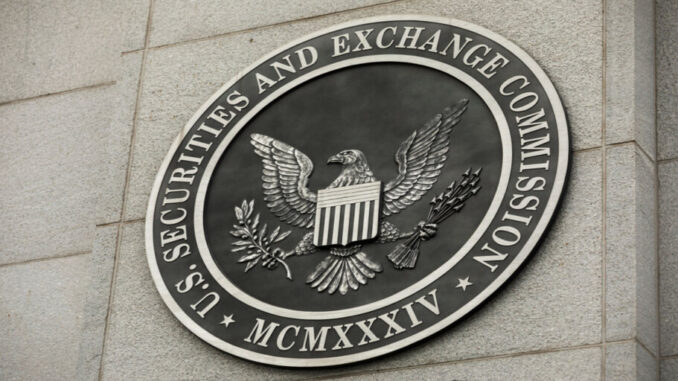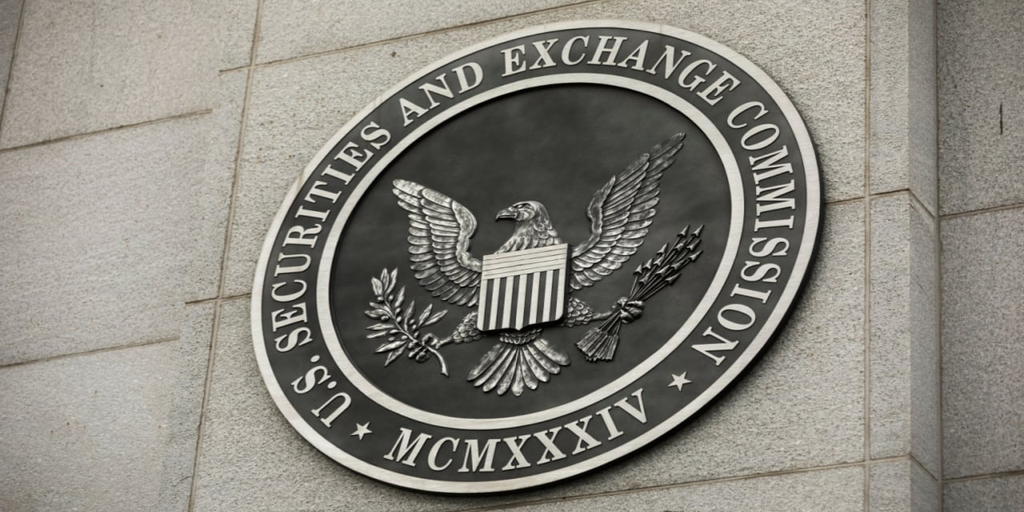
[ad_1]

The U.S. Securities and Exchange Commission (SEC) has responded to Coinbase’s motion to dismiss its case for violating securities laws.
The government agency filed a 40-page opposition motion on October 3, CourtListener records show, requesting that the court deny Coinbase’s motion “in its entirety.”
In June this year, the SEC charged the leading U.S. crypto exchange with illegally offering securities on its platform, and providing a brokerage and clearing agency service without registering with the regulator.
Coinbase responded at the end of August with a motion to dismiss, arguing that the crypto tokens deemed as securities were not “investment contracts” and that the SEC had no regulatory authority over crypto-related matters.
In response, the SEC has presented a four-point argument to demonstrate that its initial complaint is “sufficiently adequate,” as stated in the court filing yesterday.
Howey test is ‘flexible’ and ‘adaptable,’ argues the SEC
In the filing, the SEC argued that Coinbase “cries foul and seeks to blame the SEC for its current predicament.” It refutes the exchange’s arguments that the SEC “blessed Coinbase’s violative conduct” when it went public, as well as arguing that SEC Chair Gary Gensler’s responses in a Congressional hearing don’t apply to the court’s application of federal securities laws.
The SEC also argues against Coinbase’s stance that the agency “lacks authority” to regulate securities transactions involving crypto assets.
Instead, the agency asserts that the lawsuit shouldn’t have surprised Coinbase because it has “known all along that a crypto asset bought and sold on its trading platform is a security if it meets the Howey test.”
According to the agency, the Howey Test does not require an investment contract, and its “flexible” and “adaptable” nature is applicable to crypto assets. The document references relevant statutes and case law to show the applicability of the Howey Test on crypto assets.
The Howey Test is a legal test used in the United States to determine whether a particular asset is a security. The test is named after the U.S. Supreme Court case between the SEC and W.J. Howey Co. in 1946, which established the criteria.
The SEC also argued that the exchange’s Ethereum staking service required investment of money for annual returns in a pool managed by Coinbase, which it categorizes as a security.
“More of the same old same old”
Coinbase’s Chief Legal Officer Paul Grewal responded publicly to the SEC court filing in a Twitter thread, calling it “more of the same old same old” from the regulator.
The @SECgov just filed its opposition to our motion to dismiss their case against @Coinbase. It’s more of the same old same old. But don’t just take my word for it – take a look for yourself. 1/7 https://t.co/QMdkRoiq0V
— paulgrewal.eth (@iampaulgrewal) October 3, 2023
Grewal asserted that tokens on its platform are not securities based on “the Court decisions over the past several months,” in a seeming reference to the SEC’s loss against Ripple in XRP’s securities case.
He also dismissed the SEC’s arguments, saying that items ranging from “Pokemon cards to stamps” could be considered securities under its definition—referencing U.S. lawmaker Rep. Ritchie Torres’ questioning of Gensler in a House Financial Services Committee hearing.
Grewal mentioned that the exchange is looking forward to filing its reply on October 24.
Stay on top of crypto news, get daily updates in your inbox.
[ad_2]
Source link




